Cultural warriors shamed by confected outrage over voice
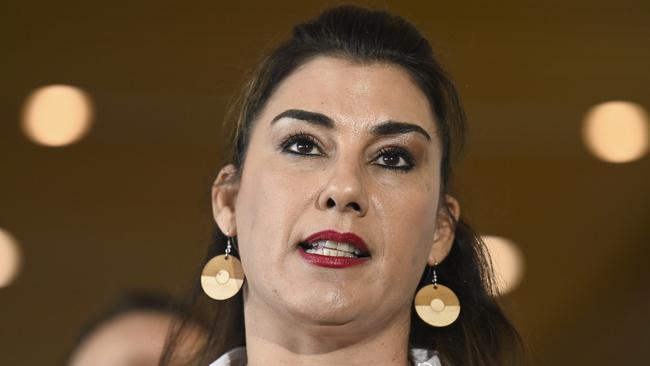
It’s unnecessary and boringly ritualistic to persist with this annual festival of identity crisis. It has become a field day for the culture warriors. January 26 was established as the national day only 29 years ago, and yet those who are committed to it like to give the impression it was written in stone in their golden age of imperialism.
In recent years, the lies about Australia’s history have been rejected by growing numbers of people who object to Indigenous Australians being written out of the nation’s fabric. They have called the national day Survival Day to acknowledge the fate of Indigenous Australians today, the survivors of a terrible history, and whose dignity and human rights remain in the balance.
These people protest and demand a change of date. The national day has become one of two apparently opposing camps – “ordinary” Australians and Survival Day protesters – and a clickbait frenzy for the media as they cherrypick the most alarming statements from protesters to strike fear in the hearts of Peter Dutton’s “quiet Australians”.
Slowly, though, Australians are changing and opting for more respectful events, despite the hysteria from the old guard whose loyalties lie with the Crown. Moving citizenship ceremonies to other days in late January to delink becoming an Australian in the 21st century from the horrors of Britain’s invasion of the country is just one of the breakpoints in this 29-year saga of white triumphalism and Indigenous outrage.
Dutton knows how this culture war works. And his confected outrage this week has been timed to undermine the most important idea that could unite Australians in a vision of the nation all can take pride in – the proposed Indigenous voice to parliament and government; the culmination of thousands of Australians discussing ways to overcome the frontier hatreds that persisted from the 18th and 19th centuries.
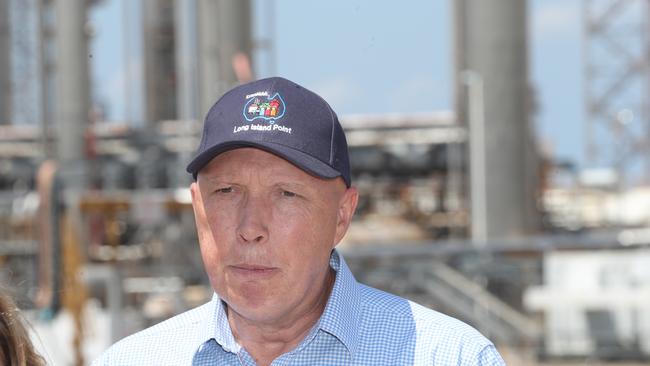
Anthony Albanese’s announcement of a referendum on the voice at Garma last year was based on the many inquiries and reports into the idea of constitutional reform that have been conducted since the voice emerged as a formal idea in 1991.
The PM proposed a draft question for Australians to vote on at a referendum, to be followed by a debate in parliament on the legislation for a voice. To progress the finalisation of the question, his government appointed Aboriginal and Torres Strait Islander people to the Referendum Working Group and Referendum Engagement Group to advise on these matters. They will meet again in early February and announcements will follow. This elegant way forward has been muddied by sniping and disinformation by Dutton, other Coalition members and the Greens.
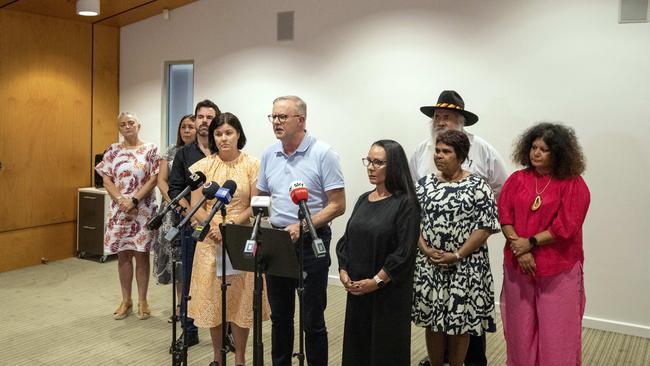
Greens senator Lidia Thorpe knows how this culture war works too, and has done more than her fair share to wreck the chances of Australians voting for a voice. She is the leader of a new faction in the Greens party – the Blak Greens. Relying on her persona as a Greens senator by day, Thorpe has rallied her gaggle of supporters to con Australians into thinking this year’s Survival Day rallies are protests against the voice. She and the Blak Greens – I think there are three of them – prioritise “treaties and truth-telling” over the voice. That the voice would inform the parliament and governments on not just dire issues such as the urgent need to curtail alcohol supply into vulnerable towns such as Alice Springs, but also about treaty aspirations guided by a Makarrata commission, seems to be beyond the comprehension of the far left.
Thorpe’s divisive tactics and motives are very similar to those of Dutton’s in undermining the voice. Dutton doesn’t want details for the sake of information. He wants the opportunity to undermine any details that will be released. Thorpe wants nothing more than to repeat the claims about “waste of money” and “useless”. It’s just a matter of time before Dutton says this about the information that will be made public in February. One of the dilemmas for those advising the Indigenous Australians Minister Linda Burney and Attorney-General Mark Dreyfus, is how much detail should be shared about the voice proposal. Too much detail leaves the door open for its opponents to disinform and too little would seem like a cover-up.
At almost 300 pages, the Voice Co-Design Process final report provides plenty of detail, recommending up to 35 regional voice groups created by Indigenous Australians. Members of these regional groups would appoint the national voice members. It would be advisory only and have no responsibility for funding of programs. Its advice would be tabled with a special parliamentary committee similar to the Bills Scrutiny Committee and others that consider draft legislation.
These are the recommendations and, as would be expected, a draft bill would be sent to parliamentary committees for public scrutiny. But Dutton and Thorpe are united in short-circuiting this tradition of Australian politics and in denying Indigenous Australians the opportunity to consider the options for the best possible model of a voice. How ironic that an Indigenous senator should work to remove any chance her Indigenous brothers and sisters might have for a say in legislation affecting them.
Meanwhile, the dreadful problem of unfettered alcohol in Alice Springs and its intergenerational impacts over several decades has been deployed by Dutton on the false logic that this incident is evidence of why the voice should be opposed. Every challenge facing Indigenous Australians – including alcohol and drug problems, family dysfunction, low education and employment attainment, world record incarceration and suicide rates, and many more – become fodder for the likes of Dutton and Thorpe in their political fight for ideological positions.
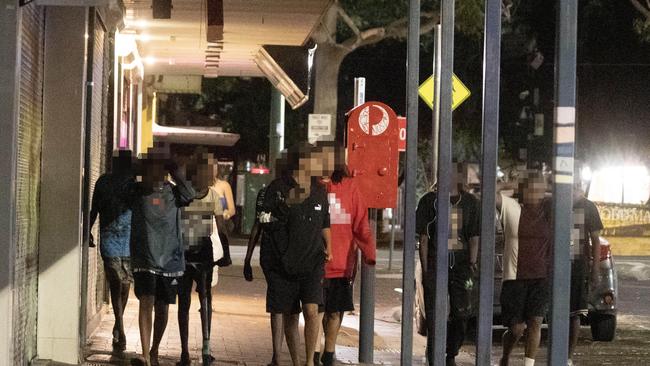
None of this stage-managed and confected political outrage helps the families and children of Alice Springs or any other community blighted by the alcohol industry’s greed. The voices of the local women pleading for alcohol restrictions and other key measures to enable them to live in a safe environment and allow their children to thrive have been undermined in the same fashion by warriors from the right and the left for three decades. Most Indigenous Australians genuinely familiar with these situations have had enough and want a formal voice giving advice to parliament to stop this political slugfest of ideological vanities while our people are suffering and dying. We want a voice. We want local people who live with these problems to co-design solutions. We want governments to listen. We want action, not confected media outrage from cultural warriors.
Marcia Langton and Tom Calma led the Voice Co-Design Process.

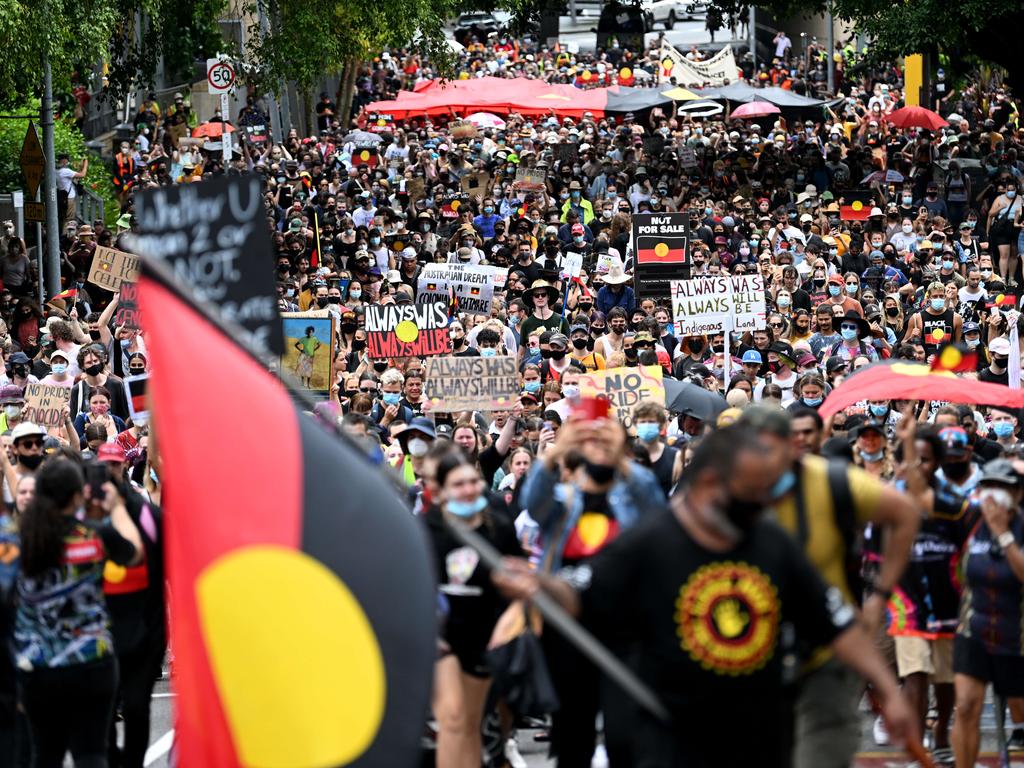

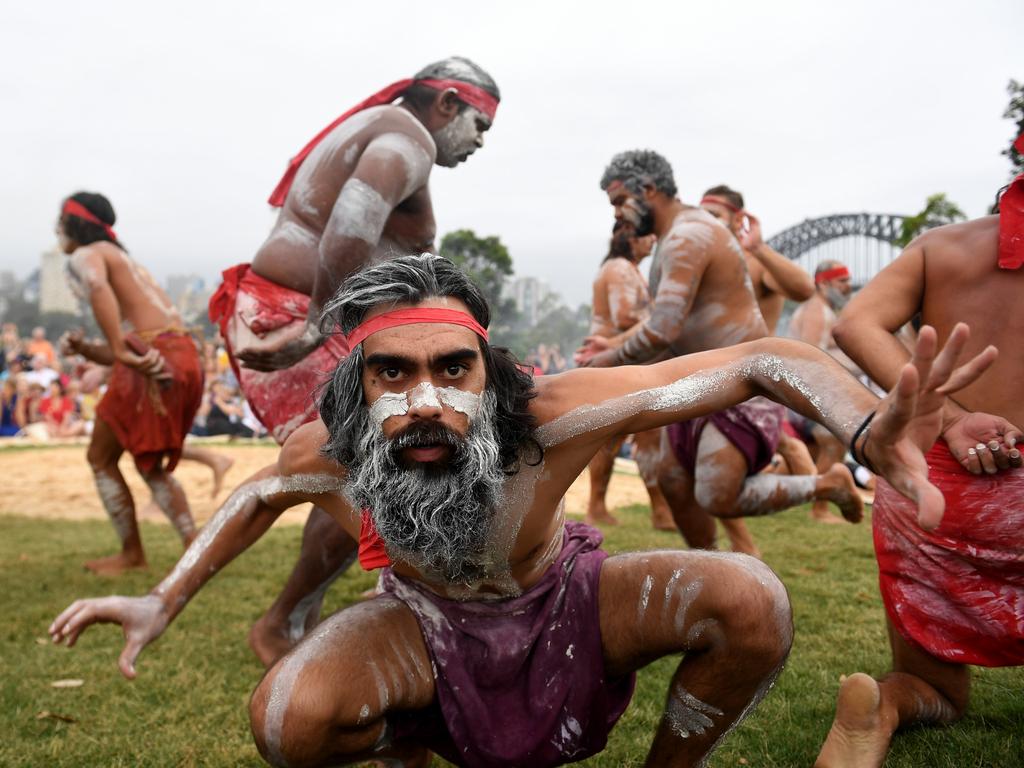
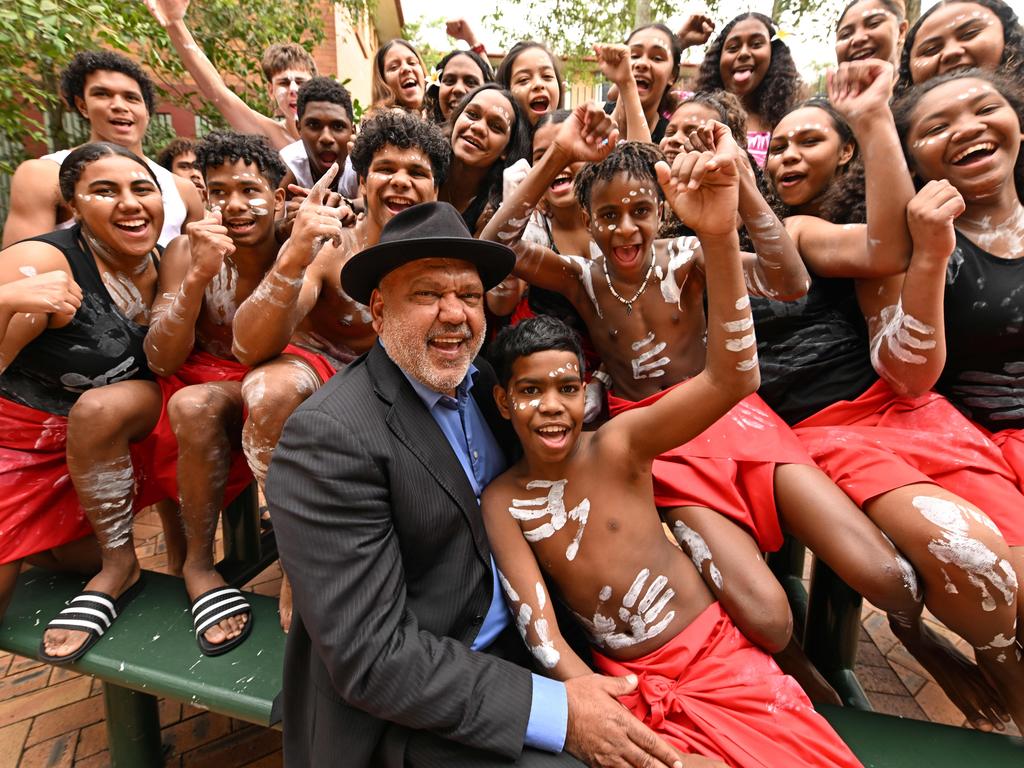


The idea that both views of Australia – the coloniser and the colonised – could be melded into a sophisticated picture of a country that can rise above its history and make an honourable place for all slips from our grip every January.